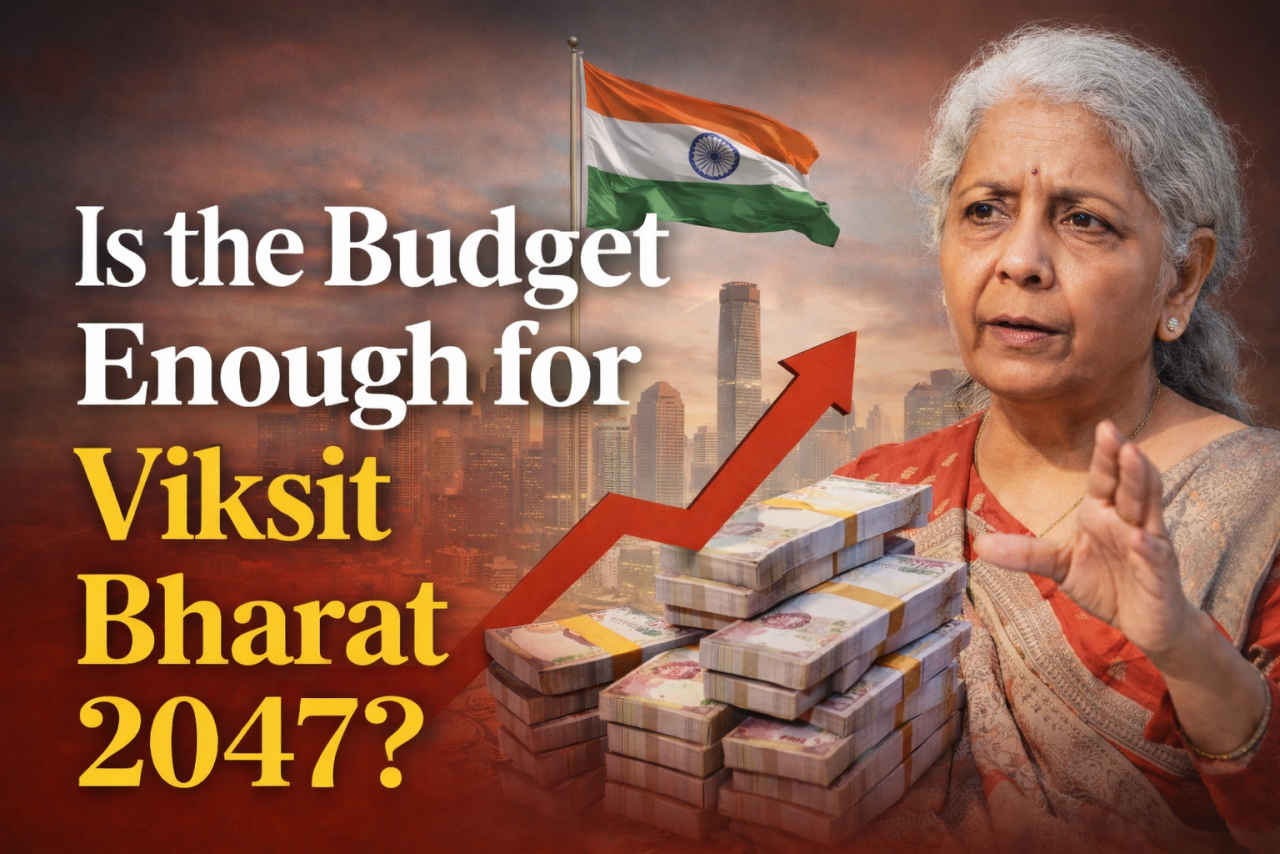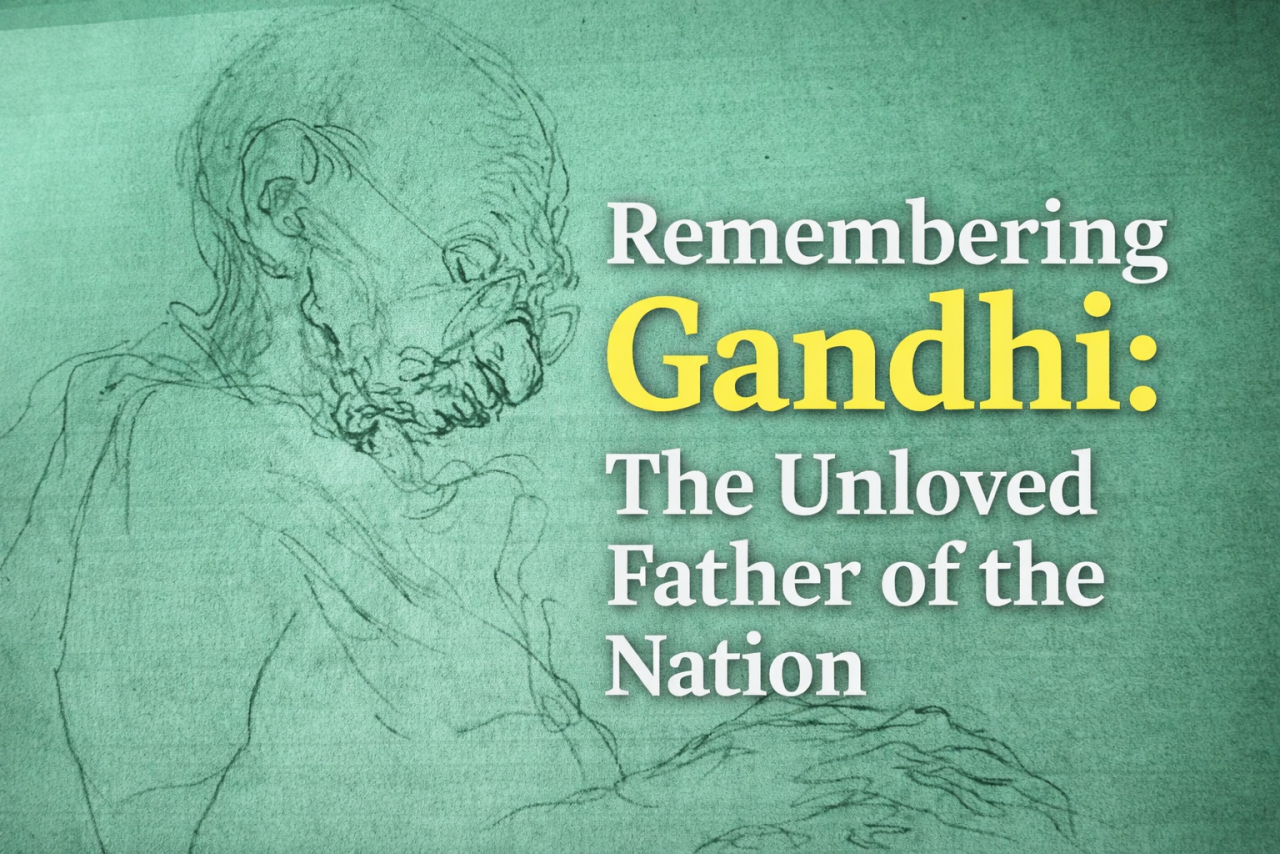
In a land where the Prime Minister speaks of a digital India and the Parliament echoes with visions of a trillion-dollar economy, the schoolchildren of Delhi sit in their classrooms, empty-handed, waiting for something far more fundamental than 5G or AI — a textbook.
As the academic year 2025–26 tiptoes into its second week, an unnerving silence descends over government and Municipal Corporation of Delhi (MCD) schools. In schools that serve the very spine of the republic — its aspiring poor and its underserved middle — textbooks, the cornerstone of structured education, are conspicuously missing. In a Model Town primary school, a teacher voices what ought to have been unthinkable: textbooks for classes 1 to 5 are simply not available. In Karol Bagh, the story repeats — only students in classes 4 and 5 have received their course books. Elsewhere in Mukherjee Nagar and Khajuri Khas, children either wait, borrow from siblings, or use the worn-out pages of last year’s editions, clinging to learning as if it were contraband.
This is not a breakdown; it is a betrayal. A betrayal that repeats itself with bureaucratic regularity, year after year. The Delhi High Court had already raised its eyebrows — and its gavel — in May 2024, cautioning the Directorate of Education (DoE) for precisely this lapse. But warnings in India, like policy intentions, often vanish into the files of forgotten urgency.
The crisis is not limited to logistical chaos. It reflects a deeper malaise — one that reveals the chasm between grand slogans and ground reality. The Samagra Shiksha Abhiyan, touted as India’s flagship programme for "inclusive and equitable quality education," has been named the culprit for the delay by MCD officials. The very mission meant to ensure last-mile educational delivery has become the scapegoat for its absence. Meanwhile, the Central Board of Secondary Education (CBSE) has communicated its own delays for textbooks of Classes 4, 5, 7, and 8 — a message sent with bureaucratic calm, devoid of apology or alarm.
But the real question is not who delayed what, but why such delays are tolerated at all. India has never lacked vision when it comes to education. From the Radhakrishnans who dreamt, to the Kothari Commission that designed, to the NEP that reimagines — the nation has had no shortage of intellectual blueprints. What it lacks is an ecosystem of accountability, a culture that prizes implementation as much as imagination. We romanticize gurukuls, budget crores for smart classrooms, and speak in TEDx tones about demographic dividends, but we fail — time and again — to deliver a stack of books on time.
A textbook is not just a set of pages; it is a passport to possibility. It provides structure, direction, and certainty to a child’s intellectual journey. Remove that, and education becomes guesswork. The teacher’s chalk wavers, the student’s attention flickers, and slowly but surely, confidence erodes. When governments fail to deliver textbooks on time, they rob children not just of information but of inspiration.
An unnamed student of Class 3 in Khajuri Khas attends a school where the principal admits to relying on outdated textbooks. Will this child be evaluated at the end of the year based on an obsolete syllabus? Or worse — will the examination demand knowledge that was never taught? These are not abstract dilemmas; they are daily humiliations, etched into the psyche of children who did nothing wrong except be born into a system that forgets them the moment admissions close.
We must ask ourselves — how much does a government schoolchild matter in the calculus of national priority? In an era of electoral dashboards, global summits, and mega infrastructure projects, who speaks for the boy in Class 6 still waiting for his science book? Or the girl in Class 2, staring at a blackboard with no companion text? Their silence should shame us more than any political scandal.
To compound the tragedy is the manner in which responsibility is diffused — like ink spilled on a page, everyone is stained but no one held accountable. The DoE is tight-lipped, MCD blames the supplier, and CBSE issues notices like weather forecasts — factual, unfeeling, unresponsive.
What is needed is not another policy but a transformation in urgency. Just as we deliver election materials with military precision and conduct Kumbh Melas with logistical brilliance, we must learn to treat education delivery — especially at the foundational level — with the same sacred seriousness.
Delhi’s classrooms deserve better. The children who walk barefoot to school, clutching a worn satchel and eyes full of dreams, are not asking for smart boards or drone-based teaching. They ask for a book. Just a book. And if the Indian state cannot deliver that on time, perhaps it is not just the education system that is broken — perhaps the very soul of governance is in question.





















